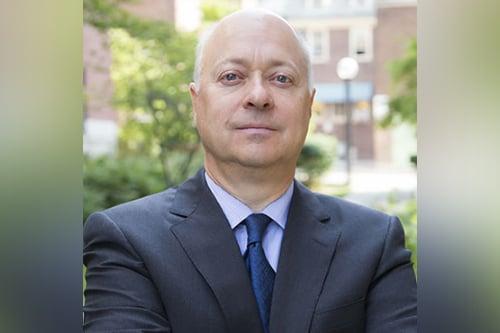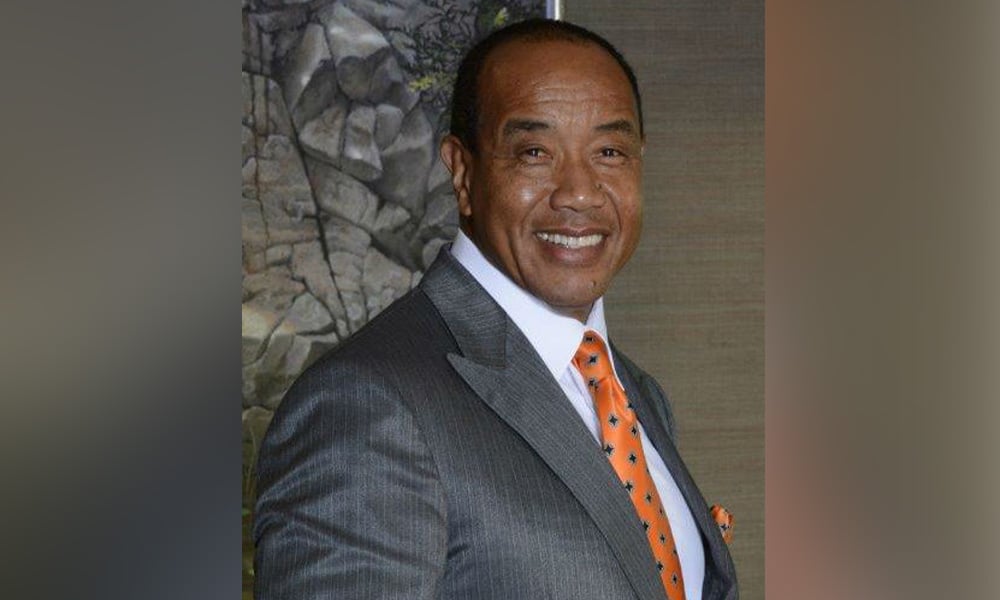CEO of multi-family office tells WP what clients worry about the most and how advisors can form relationships with the next generation

The much-hyped largest wealth transfer in history is looming but the most common question from high-net-worth families may surprise some.
Tom McCullough is the chairman, CEO and CIO of Northwood Family Office and also the author of Wealth of Wisdom: The Top 50 Questions Wealthy Families Ask. He will sit on a panel titled Succession and Estate Planning: Preserving Wealth for the Next Generation at the Wealth Professional Innovation and Strategy Summit in Toronto on May 29.
There are plenty of issues around this topic, including estate planning, tax efficient tactics and how advisors can connect with the next generation. But McCullough said what keeps clients up at night the most is the worry they are turning their kids into trust-fund babies, stressing over how they can raise "normal" kids amid substantial wealth.
The other common, and related, question McCullough hears the most is when clients should tell their kids about their inheritance and at what age they should receive the money?
It’s the personal issues rather than the portfolio ones that dominate the clients’ minds, he said.
“We ask people in our discovery process what are the best three things that you have done for yourself and your family in the past 12 months, and then we say how do you want to answer that question 12 months from now?
“It takes a while to get answers but they are never about money. They are always about personal issues. We actively help people think through what they want to do and money is really a tool to help get those things done rather than the centrepiece to the whole thing. The industry thinks it is but the clients don’t.”
McCullough’s multi-family office serves about 60 families who are worth between $10 million and $300 million in net worth each. Half are entrepreneurs – some have sold businesses and some still have them – while 25% are “high-performance professionals” like senior CEOs. The remaining clients are a mix of those with inherited wealth, lottery winners and professional athletes.
The office does four things for its clients: planning (like goal setting and estate tax); investments (asset allocation, finding investment managers and policy); reporting and administration; and family (improving family dynamics and succession planning).
The latter, of course, will form the basis of the panel discussion and McCullough told WP that advisors dealing with the real-life, personal questions will prepare them better for the wealth transfer rather than just focusing solely on asset allocation, for example.
He said: “Clients don’t wake up one day and say I need more Asia and Far East in my portfolio – they don’t think in those terms. It’s more, ‘I wonder how my portfolio is going to fare if things fall apart’ or ‘I wonder when I should give my kids money’. It’s more existential questions they are asking.
“The role of the advisor is to help think through what it is they want. How do they balance the various important goals they have and how are we going to make that happen in the most reliable way possible?
“How do advisors prepare for that? They’ve got to do their homework, ask questions, and make sure they have the knowledge to answer the questions the clients have.”
Forging close relationships with the next generation is central to how McCullough’s office prepares families for the transfer of wealth, which normally starts before the patriarch dies as people want to help their kids get through university or move out, for example.
Educating clients’ kids about asset allocation and helping them think through issues like buying a car or going to university is important. Keeping clients loyal, he said, involves showing an interest in their child’s life.
“Early on in the process you are asking them what their kids need and whether they would like to meet with them. We tend to twin one of the younger staff with the kids of our clients so it’s not a 55-year-old dealing with a 25-year-old, but usually someone a little older so they have been through some of the things the kids are going through.”
Tom McCullough will be sharing insights on this topic and more at the upcoming WP Strategy Summit on May 29. See further information or book your ticket here



